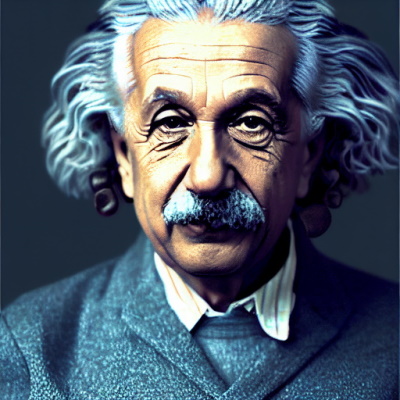Recursion
Return the sum of the elements in an array.
 AskAI
AskAI
This technical problem asks the coder to return the sum of the elements in an array. The input is an array of integers and the output should be the sum of those integers.
Find the Maximum Sum Path in a Binary Tree
 AskAI
AskAI
Given a binary tree, this problem requires finding the maximum sum path from the root to a leaf. For example, in the tree shown above, the maximum sum path would be 3 + 5 + 10 + 2 + 11 = 31. This can be done using recursion.
Find the deepest node in a binary tree.
 AskAI
AskAI
To find the deepest node in a binary tree, we can use recursion. We can keep track of the maximum depth as we traverse the tree, and return the deepest node's value when we reach the end of the tree.
Get all possible subsets of a set of distinct integers.
 AskAI
AskAI
This problem asks us to find all possible subsets of a given set of distinct integers. A subset is simply a subset of elements from the given set, and the power set is the set of all possible subsets. Note that the solution set must not contain duplicate subsets.
Array Sum Recursion
 AskAI
AskAI
Given an array of integers, this code problem finds the sum of all elements in the array. The input is an array of numbers and the output is the sum of all the numbers in the array.
All Possible Subsets of a Set of Distinct Integers
 AskAI
AskAI
This problem asks us to find all possible subsets of a given set of distinct integers. For example, if the input is [1,2,3], then the output should be [[ ], [1], [2], [3], [1,2], [1,3], [2,3], [1,2,3]].
Reverse a Linked List Using Recursion
 AskAI
AskAI
This problem involves reversing a linked list using recursion. The given example input is a list of integers, but this technique can be applied to lists of any data type. The output should be the reverse of the input list.
Recursive String Reversal
 AskAI
AskAI
This technical problem involves implementing a function that reverses a string using recursion. For example, given the input string "Hello", the function would return the output string "olleH".
